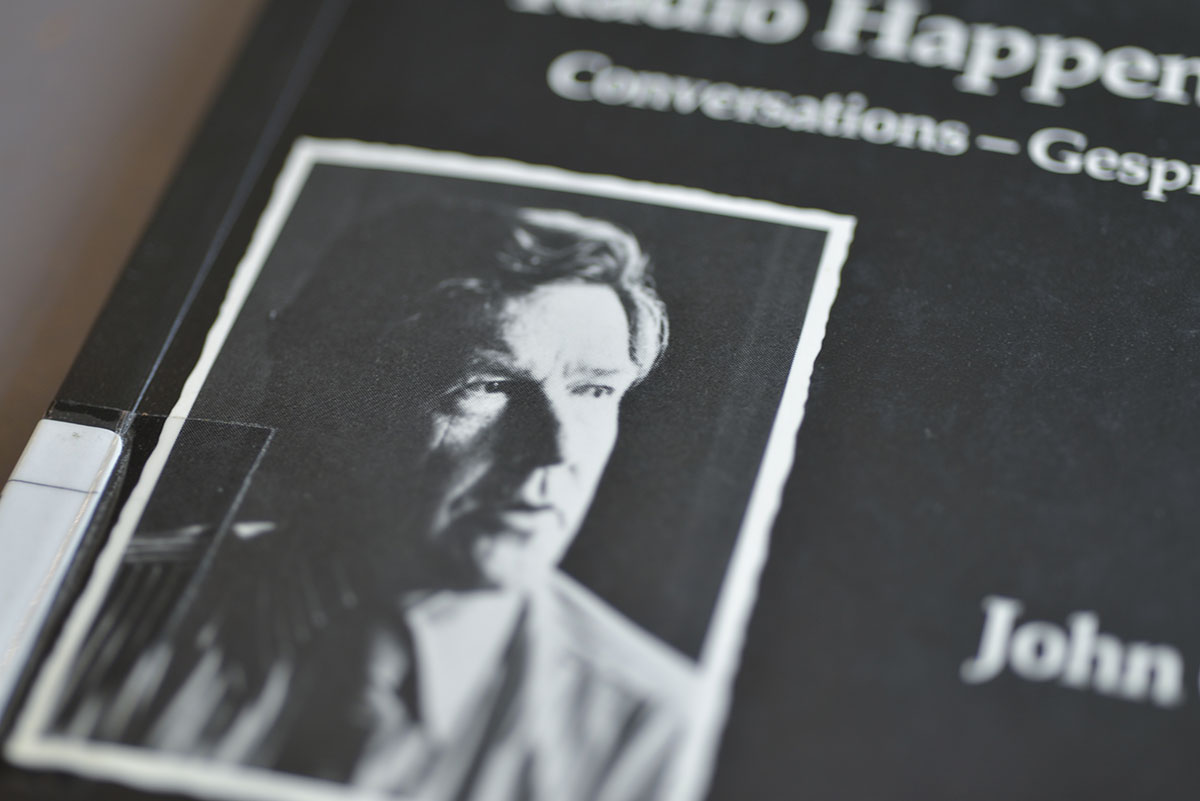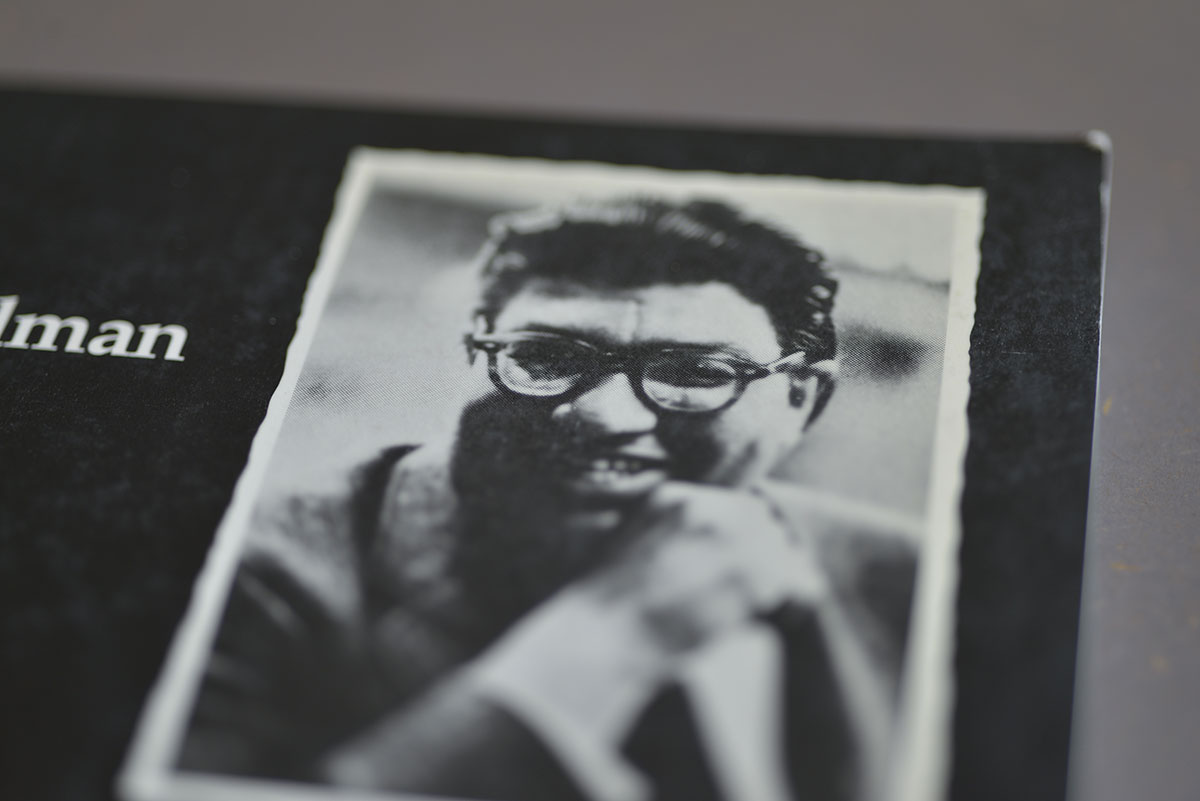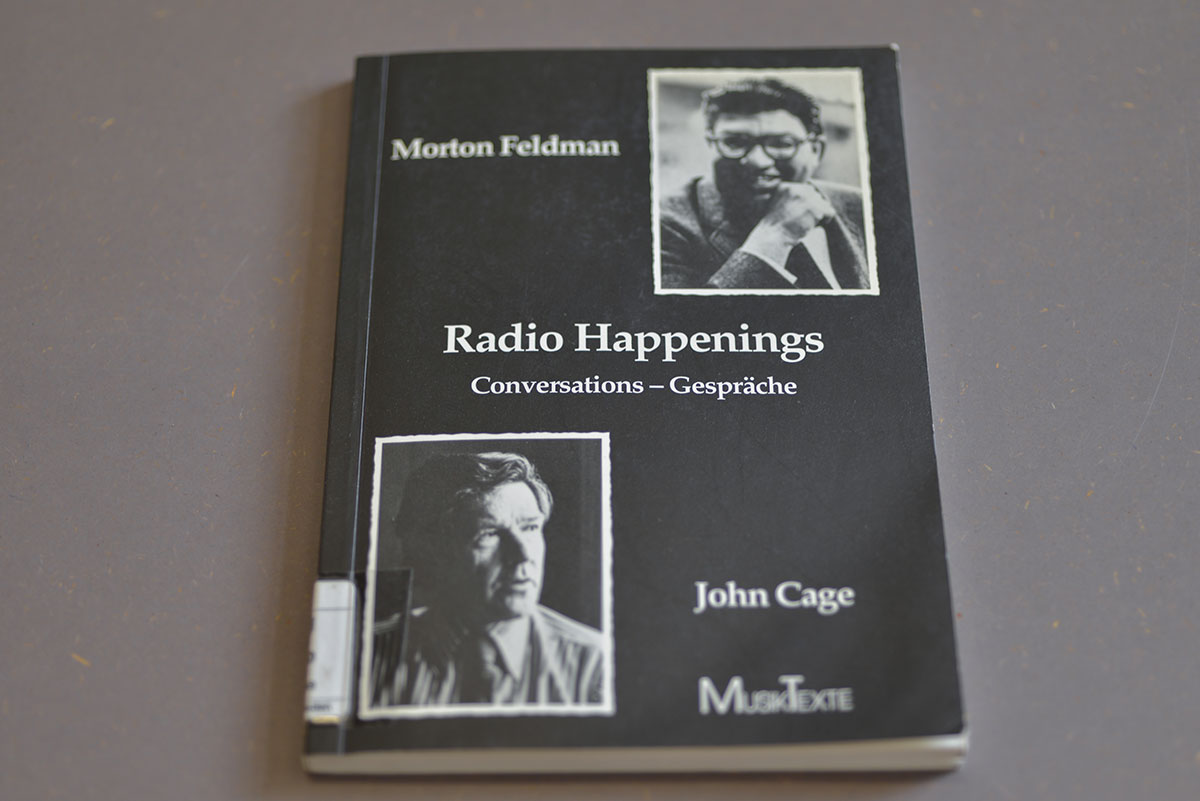Louis Schweitzer (1899-1971) bought the station in 1957 and donated it to the Pacifica Foundation in 1960. In 1949, the Foundation was founded by pacifist Lewis Hill (1919-1957) and had set itself the task of establishing radio that produced and supported the dissemination of news in an innovative and uncensored manner. Today, Pacifica still owns 5 radio stations and more than 50 affiliates throughout the United States.
For WBAI, this meant unconventional radio, with the station quickly gaining notoriety, with the station's manager being arrested and the staff moving the station briefly to the Empire State Building in protest. The New York Times Magazine called it an "anarchist circus" and rightly so with numerous anti-Vietnam actions, live coverage of alleged bra-burning by feminist protesters and early firesign theatre comedy shows. Interviews with prominent figures from the literary, musical and artistic circles, productions of live performances and radio adaptations were also part of the station’s programme.
These include the conversations between Feldman and Cage, which were transcribed in 1993 and published in print form by Edition MusikTexte in Cologne under the title "Radio Happenings I-V". Although it is considered an important contemporary document and allows insights and conclusions about the turbulent time of the late 1960s in the USA, in its two-dimensionality it is nevertheless quite limited in the expression of the character of the conservations, pauses within the conversation, reflections on topics.
Thanks to the development of the internet and access to digital archives, it is now possible to listen to the original sound recordings: https://archive.org/details/CageFeldmanConversation1. From the first minute, one is immersed in a rather intimate conversation: "On intrusions - is it reality or culture? The role of the artist - deep in thought. Is it possible to avoid the environment around us? Being constantly interrupted? Larry Rivers, Bob Rauschenberg, Franz Kline, Schoenberg, Stockhausen, Boulez, Black Mountain College. On boredom and Zen, Buckminster Fuller. Governments, modern music, freedom from being known. Writing for large or small ensembles. Boulez and Stockhausen's reactions. Writing for Christian Wolff and electric guitar. de Kooning. Lukas Foss. Cage comments on Feldman's soft sounds. Having stamina to make an action. On working alone. Working "at home". Being asocial and the telephone. Edgard Varese. The question of death. "There is so little talk these days." Talking in England. The ICA lectures. Kitaj. David Sylvester. English pompousness. Cardew. Compositions as "work-in-progress". Thinking about Mozart. Webern and other possibilities for new music. Differences between Boulez and Stockhausen piano pieces. Varese and process. Space, silence, notation, scales. Finding the vertical. Grandeur of Varese. Stockhausen's refusal. Looking into the future. Buckminster Fuller's ideas on ending war. Design in a disposable world. How our sense of time has changed. "How do we spend our time?" Conversation as enjoyment. Impermanence and music. "Do you prefer the composition, or hearing the music?" Feldman working on "In Search of an Orchestration". Composers silent on Vietnam. Painters are not. Protests in Europe. Fuller's views and World Resources Inventory. Global Village. Varese or Webern? On Boulez. On an upcoming concert in Cincinnati. Problems, stories of performances. "Why do you continue to compose?" Creating new notation. Students making compositions. The way things are done nowadays. Things are "less narrow now". Children, and the Middle Ages. "If we apply ourselves to the social situation... as composition rather than criticism, we'll get somewhere!".



